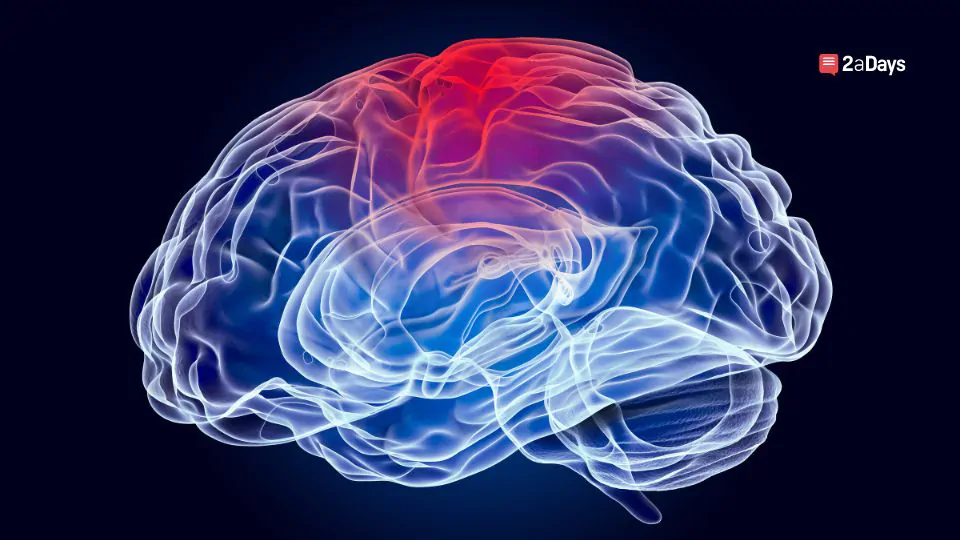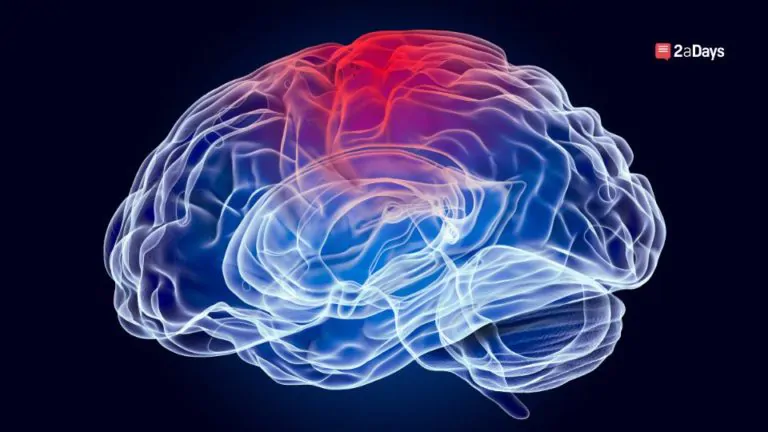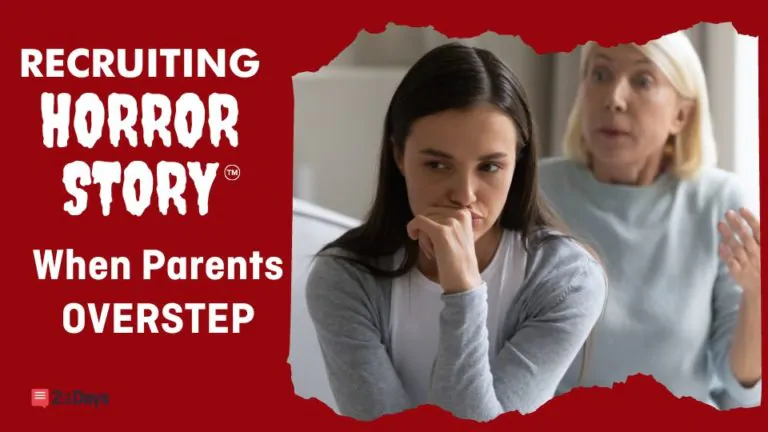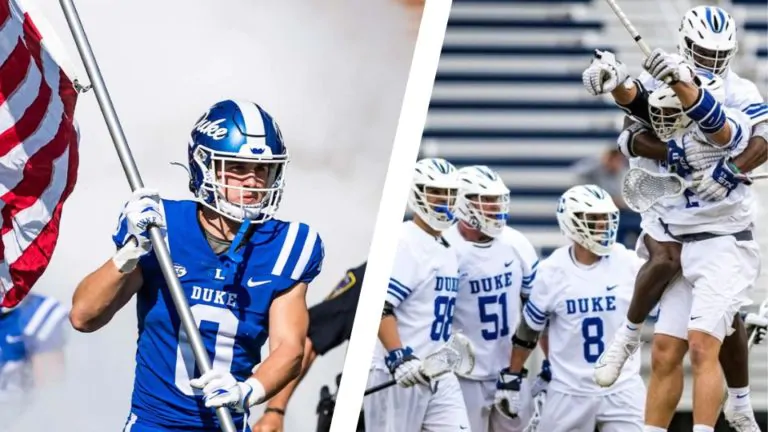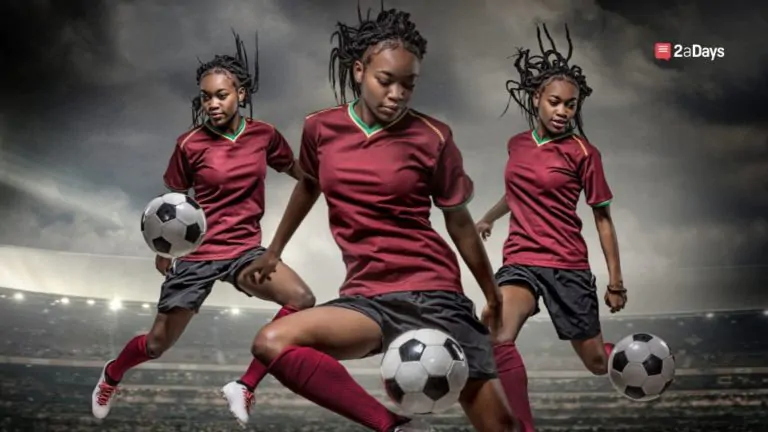Concussions are an extremely serious injury that requires attention and recognition immediately before another head injury has the possibility of occurring. Although they're serious in nature, they're also very common–an estimated 3.8 million sports-related concussions occur in the United States per year and about 50% are estimated to not be reported. A big reason that concussions go unreported is because they do not get diagnosed, which occurs in youth sports and high schools a lot where the athletic trainers are either not present or do not use the proper tests and miss a concussion completely. Although concussions are dangerous, their risks can be mitigated in a variety of ways. Here are a few strategies to minimize the damage of concussions for athletes at all levels.
Related: Rate your Coaches, Facilities, and Campus Visits
Testing: Collegiate Level
If a concussion is suspected an athlete should always be seen by a doctor to confirm or deny the presence of a concussion before the athlete returns to the sport. There are a few concussion tests that can be done by an athletic trainer or team doctor if either of those options is available. Most trainer professionals use the SCAT5 or VOMS test and sometimes both to determine if the athlete has concussion symptoms and whether or not to see a doctor from there. According to an athletic trainer at Michigan State University, “these tests are easy and accessible to use on the field to determine the next steps,” and although these tests are pretty user-friendly, they should NOT be used by an untrained professional. At MSU, they are fortunate enough to have a team doctor for all of the teams, so the athletes do not need to be sent to another doctor to be checked out unless a spinal injury is suspected in which case they would go to the hospital. This is not the case at smaller schools that might have doctors available for “high risk” sports like football, and limited resources for the rest.
Related: Awareness Can Create Change: 6 Must-Know Facts About Concussions in Ice Hockey
Testing: High School Level
While the same tests are typically used at the high school level, in most cases there is not a doctor available at all sporting events, (however, it is common to have one for football teams). In this case, the athlete will be pulled from practice and the game until it is determined by a doctor whether or not a concussion occurred. Testing for concussions can get tricky especially when the athlete is at an away game where their athletic trainer does not follow.
Another factor that often isn't considered is that the trainer does not know the athletes that visit, their personality and norms. This can really affect the concussion tests, an athlete may not have any of the symptoms on paper, but an athletic trainer that knows the athlete may notice something off about them and pull them from the game to be safe. This has happened to me personally and I got put back into the game and because I was slow, I got hit in the head and lost consciousness, which caused me to miss the rest of my senior season. In a high school setting, it is very important for the athletic trainer to go above and beyond on the testing and also for the coaches to know what to look for and know the player norms.
Parents and Coaches
It is extremely helpful in informing people on some of the major signs and symptoms and fortunately, the CDC offers free online concussion training. Follow the link and look on the left-hand side under online training and select if you are a coach, parent, athlete, or official. In the end, you will get a certificate of the completion of your training that needs to be updated every year, as our understanding of concussions grows.
Related: Concussion Callback: Why Taking Medical Leave Can Help College Athletes Succeed
It is important to note that just because a parent or coach has completed the training it does not mean that they are fully qualified to diagnose a concussion, but it does help to reduce the risk for a double concussion or missed one when athletic trainers and trained staff are not available.
Concussion Signs to Look for
While looking for signs does not replace the concussion training from the link above, it is good to know some of the major signs and symptoms whether you are an athlete, coach, or parent. It is also important to remember that you do not have to lose consciousness to obtain a concussion. For instance, one of the most common symptoms is a simple headache and it might not be immediate–sometimes, concussion-induced headaches come the next day, may worsen with light and sound and can cause nausea and vomiting. A headache will last days and may eventually dull, but not completely go away.
Vision problems are also a common symptom and could include blurred vision, dizziness, trouble focusing the eyes, and light sensitivity. Concentration problems are extremely common as well, the athlete may have trouble focusing in school, work, and everyday life and may not be able to keep normal eye contact throughout a conversation. The last big key to a suspected concussion is memory loss. Right after the head injury occurs, ask the athlete what day and time it is, where they are, and what they were doing when they got hurt.
Concussions are complicated, but through testing and learning the symptoms, athletes can be as safe as possible. Know the signs, get tested, and stay safe!
Have an idea for a story or a question you need answered? Want to set up an interview with us? Email us at [email protected]
* Originally published on January 9, 2023, by Shelby Gonser
